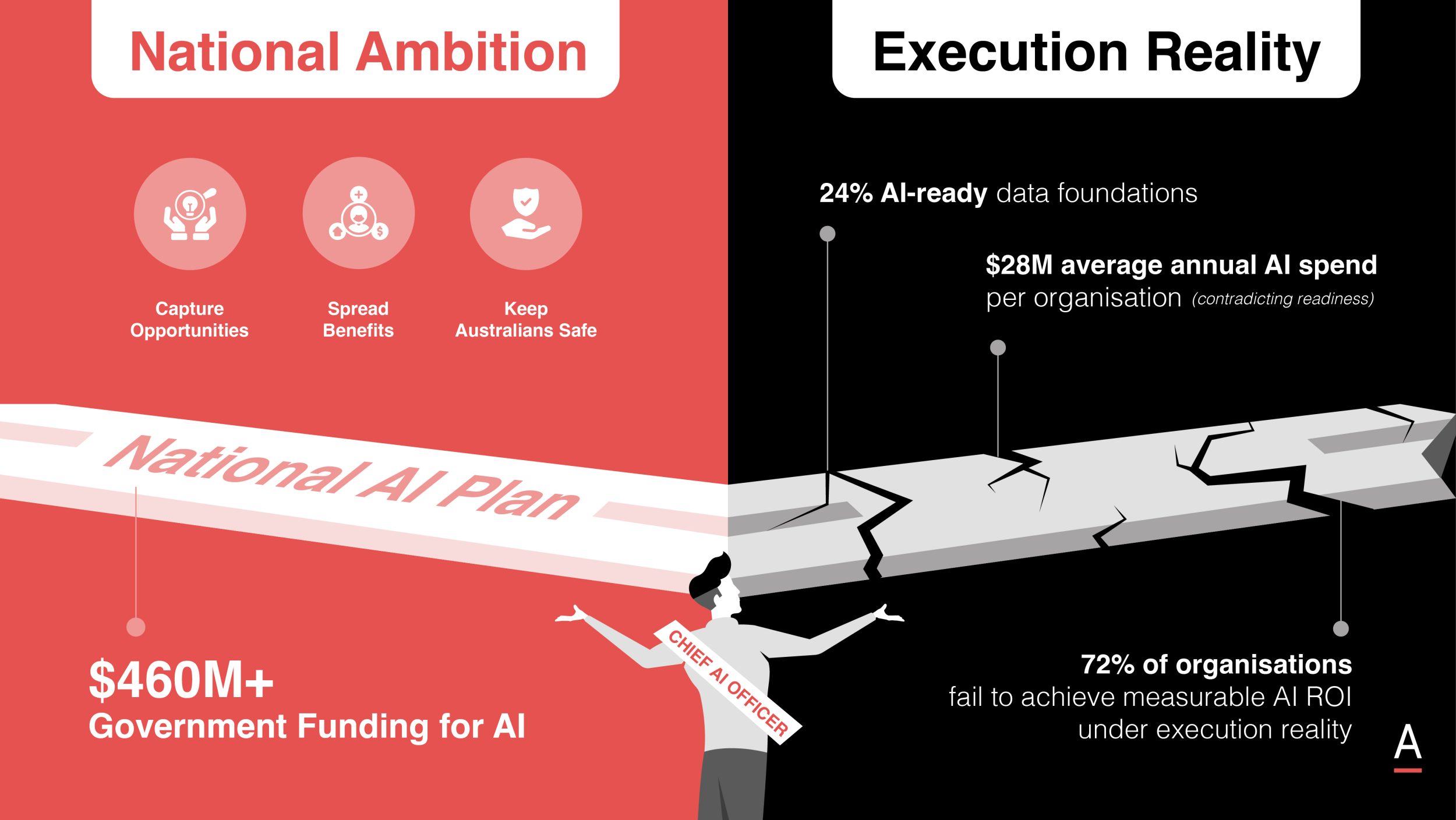Optus is unifying its data stack to create a single Lakehouse architecture with Databricks, to provide fact-based data to drive business decisions and democratise information across the organisation.
In this interview, Kash Soma – Director – Agile Data Delivery at Optus discusses how different analytical assets, standardisation and a product mindset are used to overcome the challenge of data duplication.
To bridge the gap in data literacy, Optus uses a data dictionary and chapter concept where data engineers work with the business to build SQL queries, and users can access training materials and best practices.
Optus also implements role-based access to protect sensitive data and promotes a mindset of sharing first to counteract territorial behaviour.
Stakeholders are informed of the importance of the project by focusing on the benefits of providing fact-based data to drive better business decisions. Optus uses Agile methodology and user feedback to build effective data dashboards.
The team regularly evaluates the usage of assets and retires those that are not being used.
Key Takeaways:
- Ensure that every decision is driven is fact-based and driven by data.
- Decommission anything that is not being used. If a definition is changed, then make sure to change the definition and retire the old one. It is more of a product mindset than a platform mindset.
- Everything technology teams do is obviously for the business. There is no technology for technology’s sake.






























